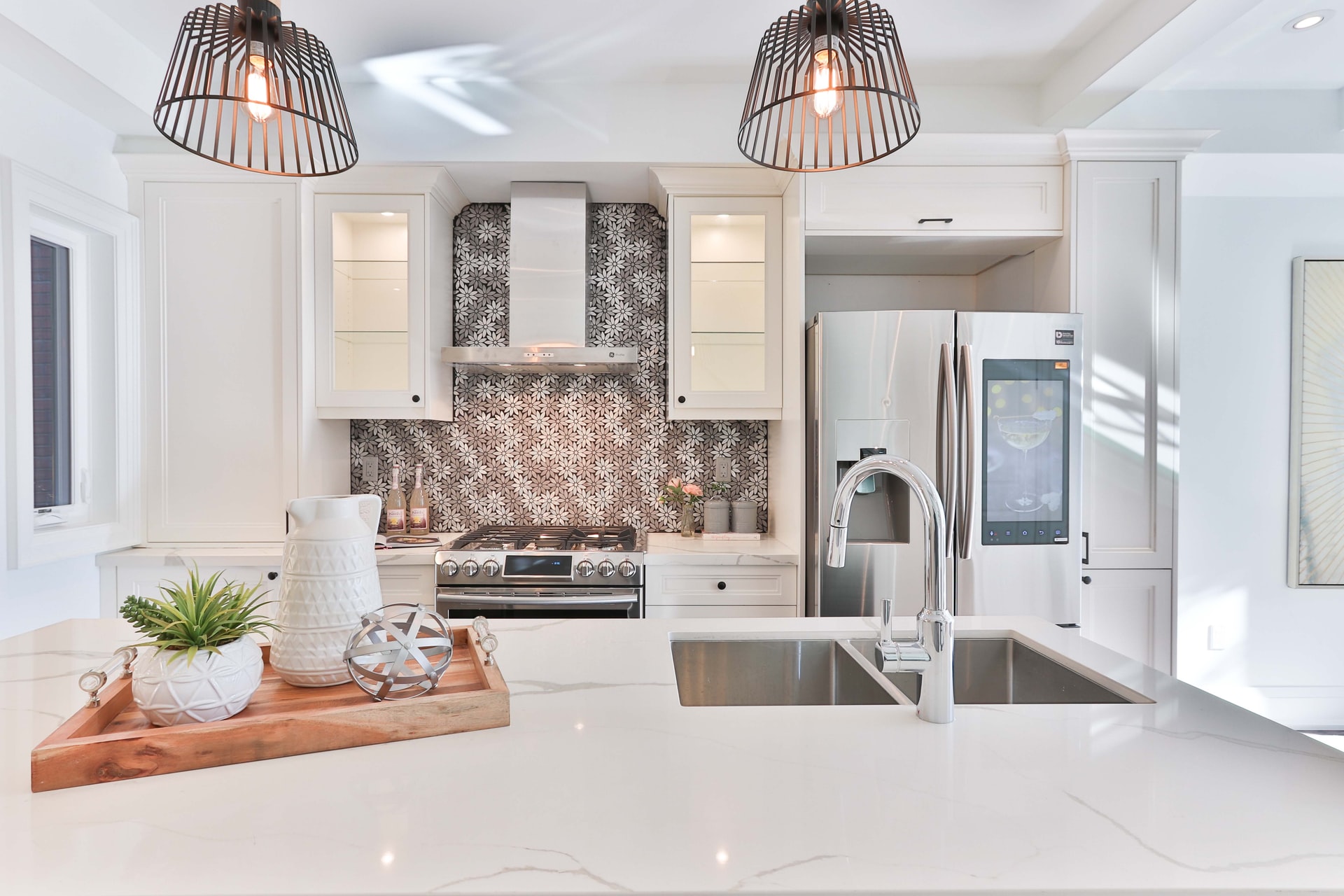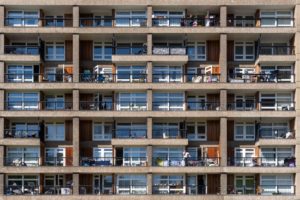If you’re looking to sell your home soon, now’s a good time to get an idea of what it’s worth. Generally speaking, your home value is determined by what prospective buyers are willing to pay for your property. In this guide, you’ll discover which factors are most important to your home value, along with ways to demand a higher asking price.
What Are the Top Factors That Affect Your Home Value?
Historical Sale Prices of Comparable Properties
Before listing your home on the market, realtors research sales prices from other homes similar to yours (or comps) that have recently been sold in the area. Based on the selling price of the comps and other market data, the realtor will price your home at a point that’ll attract the right buyers.
Supply and Demand
Market conditions, notably supply and demand, have a significant impact on property values. For example, home prices tend to be higher when demand is high, but inventory is low. But if there are more listings than interested buyers, you’ll likely see a reduction in the price of properties in the local housing market.
Location/Neighborhood
Is the neighborhood highly coveted, or are there issues that could cause concern? The same home in nearby neighborhoods with the same zip code could have completely different market values if one area is more desirable than the other.
Home’s Accessibility and Nearby Features
Is your home located in a location that is within close proximity to major highways, several employers and good schools? Are there grocery stores, shopping centers, parks, entertainment or recreation centers nearby?
Age and Condition of Your Home
Newer homes tend to be more desirable and are often valued higher than older ones as they come with more recent systems and appliances that are less likely to break down soon. Furthermore, the buyer won’t have to worry about costly roof repair or replacement costs, which could easily add up to several thousands of dollars.
Your Home’s Size and Usable Space
The square footage of a home also impacts its value since home prices are generally calculated using the price per square foot. To illustrate, if your area’s average price per square foot is $175 and your home is 3,000 square feet, you could list your home for $525,000. But a home in your area with similar finishes but square footage of 1,750 would likely sell for around $306,250.
Another factor to consider is the usability of the space. For example, a 2,500-square-foot home with an unfinished basement that is 500 square feet will typically command a lower asking price since that area cannot be occupied.
Additional Improvements and Renovations
Other improvements and renovations can affect the value of your home. However, deciding which are most impactful will depend on your market and the features or upgrades prospective buyers are most interested in.
Interest Rates
When interest rates rise, a decrease in demand often follows due to higher borrowing costs, making homeownership unaffordable for some consumers. In addition, depending on inventory levels, sellers may be forced to reduce their asking price to make their property more marketable.
Simple Ways to Get More Value for Your Home
Before listing your home on the market, keep these suggestions in mind to potentially earn more money.
Make Your Home More Energy Efficient
Consider investing in energy-efficient appliances, such as solar panels, to increase your home value. You’ll enjoy cost savings while you’re in the home and make it more appealing to prospective buyers when you decide to list.
Make Your Home Smarter
Install user-friendly smart devices in your home, like a thermostat, security system or lights you can control remotely. Of course, smart televisions, power outlets and hubs won’t hurt as they also appeal to prospective home buyers.
Sell With an iBuyer
This option is one of the easier ways to sell your home fast without hiring a real estate agent. With an iBuyer, you can get a no-obligation cash offer within 24 hours and close within 30 days – even 15 in some states.
Update Your Home’s Finishes
You don’t have to spend a fortune to update your home’s finishes. Instead, simple changes, like modern light fixtures, new knobs or a fresh coat of paint, can help give your home value a boost.
Increase Curb Appeal
It’s not always necessary to pull up all your sod and start from scratch. However, it won’t hurt to freshen up the mulch, swap out withered plants for new ones, and pressure wash the home’s exterior and sidewalks (if applicable).
Upgrade Your Bathroom and Kitchen
Bathroom and kitchen upgrades can greatly improve your home’s value and pay off big when it’s time to sell. You can either hire a contractor or learn how to do some of the upgrades on your home to curb costs. If you decide to do the latter, be sure only to tackle projects that you’re knowledgeable about to avoid spending even more money if you make errors.
Clean and Declutter
Take some time to deep clean your home and part ways with any belongings that you no longer need. A decluttered space can make the home more visually appealing to buyers as they better envision how they’ll utilize the space.







